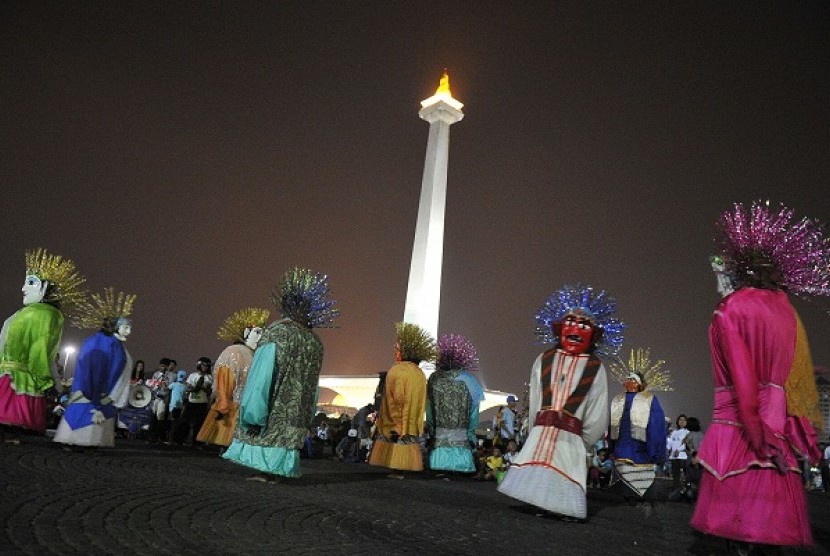REPUBLIKA.CO.ID, JAKARTA - Indonesia becomes the first host of workshop for preserving intangible cultural heritage (ICH) in Southeast Asia on September 10-12 September. Secretary of Director General of Culture at the Ministry of Education and Culture Gatot Gautama, admitted the government's serious responsibility to protect intangible cultural heritage.
The workshop, initiated by International Information and Networking Centre for Intangible Cultural Heritage in the Asia-Pacific Region (ICHCAP), is expected to become a forum where participants can share their information. "It needs bilateral, regional, and international cooperation," he said on Monday.
Gatot said that the positive exchange of knowledge could generate a draft adopted by the participants through agreement. He reminded the participants from ASEAN, UNESCO, and ICHCAP to produce a way to protect intangible cultural heritage. The workshop is expected to identify the issue of preserving intangible cultural heritage and discuss the solution.
According to UNESCO, intangible cultural heritage is traditional, contemporary and living at the same time. The heritage does not only represent inherited traditions from the past but also contemporary rural and urban practices in which diverse cultural groups take part.
Further, UNESCO underlines that intangible cultural heritage is an important factor in maintaining cultural diversity in the face of growing globalization. An understanding of the intangible cultural heritage of different communities helps with intercultural dialogue, and encourages mutual respect for other ways of life.



